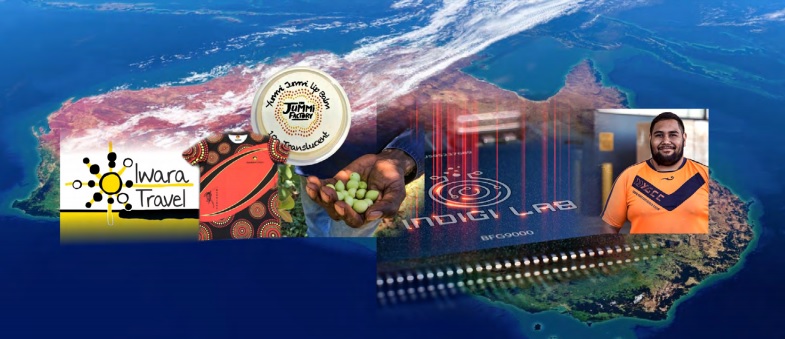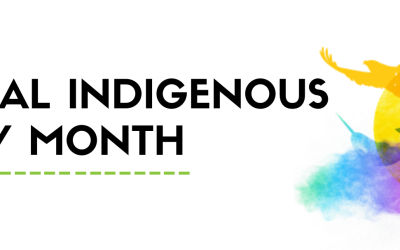Like all Indigenous peoples studied in this series, Indigenous Australians have historically been excluded from the wider economy. But also, like all these communities in all four countries studied, they have entered business in a very significant way over the past few decades. The six Indigenous Australian entrepreneurs and/or business leaders profiled in this part of the series come from different backgrounds and regions of Australia. Many of them faced some of the barriers and challenges that are discussed shortly. However, they were all able to overcome those barriers and add value to the economy.
An important study by The Centre for Independent Studies (CIS)—a pro-market Australian think tank—released in 2010 called Private Housing on Indigenous Lands looked at the environment that Indigenous entrepreneurs and/or business leaders come from and how that impacts on their likelihood and ability to create businesses. The CIS released another major and comprehensive study looking at Indigenous Australian entrepreneurship in November 2017.
The study, entitled Risky Business: The Problems of Indigenous Business Policy, collected basic data on the types of businesses being started by Indigenous Australian entrepreneurs and documented the barriers and challenges facing them, and of course listed the opportunities. This study found that less than 15 percent of Aboriginal and Torres Strait Islanders or about 70,000 of the 540,000 who identified as Indigenous in the census actually live on Indigenous lands (characterized by communal ownership).1 The study is clear that these Indigenous Australians are the poorest of all Australians. This is similar to Canada where First Nations living on reserves are the poorest of the poor in Canada, as it is in the United States for Native Americans living on reservations.
View the entire Research Paper here: FC-PS221_IndigEntrepAUS_FB2519_F1



